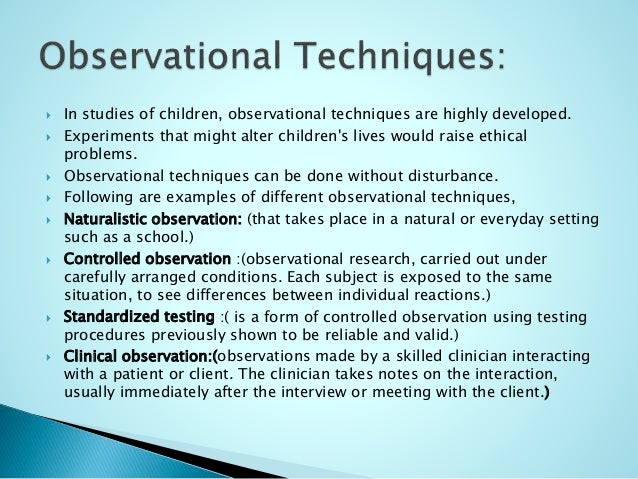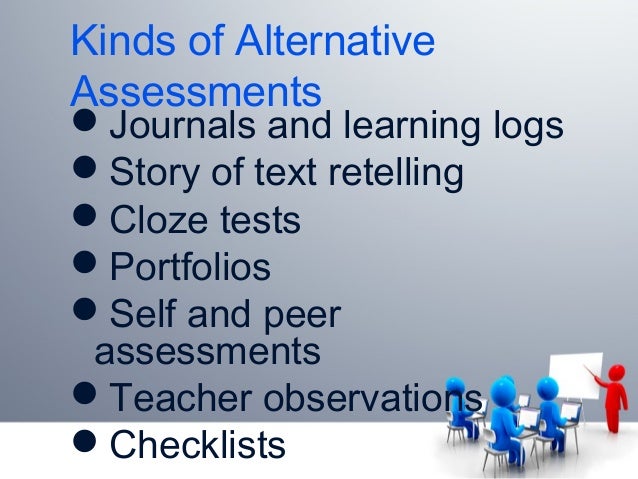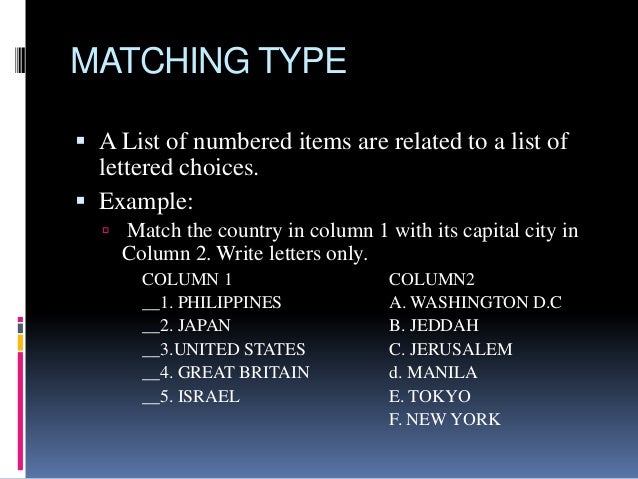There are 8 outcomes that can be learn from this topic
- Skills- The children writing, speaking, reading, playing the instrument and works skills. There are many skill that can be observe other than the listed skills.
- Work habit- Effectiveness in planning, creativity, how they use the time given and use of the resources.
- Social attitude- Well communicate with the others. Concern about other welfare or respects the law.
- Scientific attitude- Open mindedness, can accept other opinion and willingness to suspend judgement.
- Academic self- concept- Expressed as self-perceptions as a learner and willingness to attempt new problems.
- Interest- Express feeling towards various educational, mechanical, scientific and social.
- Appreciations- Feeling of satisfaction and enjoyment Expressed towards nature, music or arts.
- Adjustment- Relationship to peers, reaction to praise and criticism
Methods( procedure)
- Anecdotal records
- Determine
- Analyze
- Observe
- Make a record
- Limit anecdotal
- Record positive
- Collect
- Practice writing
- Self-report Technique Interview
- Time consuming to interview the student
- Assumes the participants are honest and willing
- Result gained- useful for individual students, cannot usually generalized to groups of student.
2. Interest Inventories
- Can be simple as "like or dislike" or can be ranking
- The problem for this methods is the interest alone cannot be dictate academic preparation or skill to succeed in that interest.
3. Personality Measures







